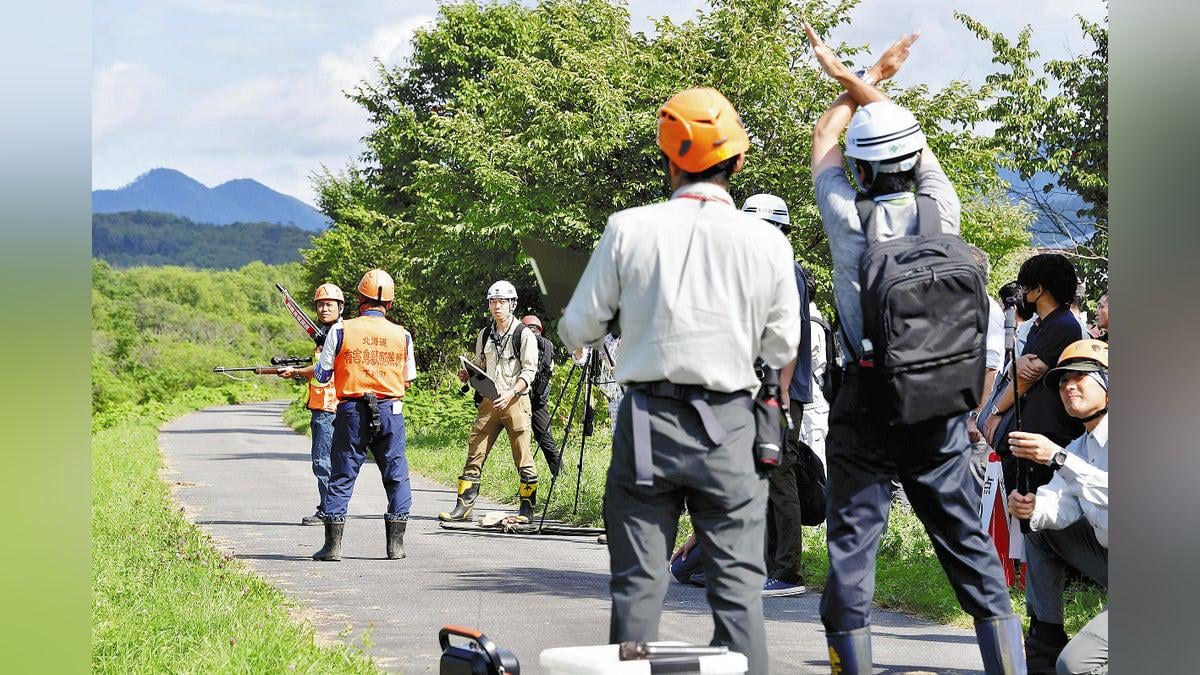
Starting in September, Japanese towns and cities will be allowed to authorize hunters to shoot bears that wander into urban areas, a sharp shift in policy as human injuries from bear encounters reach record levels.
Until now, police approval was required before hunters could fire, often causing delays that let bears escape or attack. Under a revised wildlife law passed in April, municipalities can now directly commission licensed hunters to carry out “emergency shootings.”
The change comes as bear incidents surge. By late July, 55 people had already been attacked this year — on pace to surpass last year’s total of 85, the highest on record. In July, a man delivering newspapers in Hokkaido was killed by a bear.
Training and Concerns
To prepare, local governments have staged training drills with police and hunting associations. In one exercise in Shimokawa, Hokkaido, officials practiced closing roads, guiding residents to safety, and coordinating a hunter’s final shot.
But challenges remain. Some hunters worry the long list of safety steps could allow bears to flee before action is taken. Others fear liability if stray bullets or ricochets cause damage or injury. By law, municipalities must pay for property damage, while criminal responsibility in cases of injury will be decided by prosecutors and courts.
The Hokkaido Hunting Association has already warned members to withhold fire if safety is in doubt, even if towns request it.
National Support and Costs
To bolster the program, the Environment Ministry has budgeted 3.7 billion yen ($25 million) for fiscal 2026. Funds will help towns hire wildlife officers, install protective fencing, and create buffer zones between forests and communities.
At the same time, the number of qualified hunters is shrinking. Only about 60,000 hold the advanced rifle license needed for bear control, a drop of nearly 80 percent over the past 40 years. Some prefectures are hosting tours and training sessions to attract newcomers, while the Japan Hunters’ Association is building a “talent bank” to share hunters across municipal lines.
A Risky Last Resort
Emergency shootings will be allowed only in serious cases, such as when a bear takes shelter in a residential area and refuses to leave. Licensed hunters will decide when and how to fire, following ministry guidelines that require backstops to stop bullets and strict precautions to protect residents.
Even so, experts say success depends on careful coordination. “The government must collect good case studies and provide steady support,” said Takayoshi Yamauchi, a wildlife management professor at Iwate University. “Hunters need to feel confident they won’t be left carrying the burden alone.”
by MagazineKey4532
